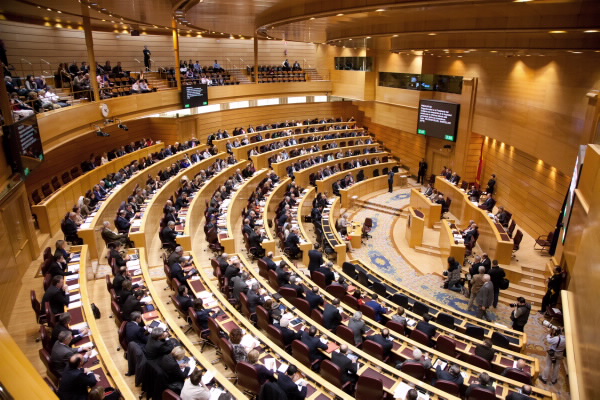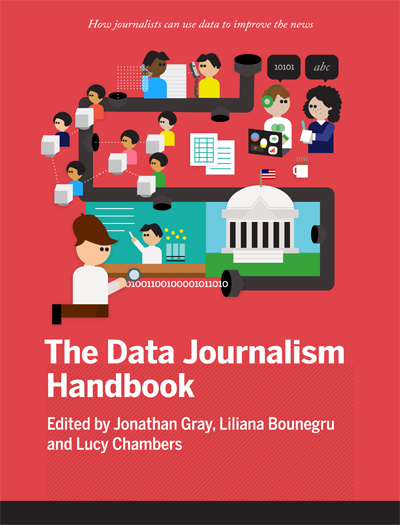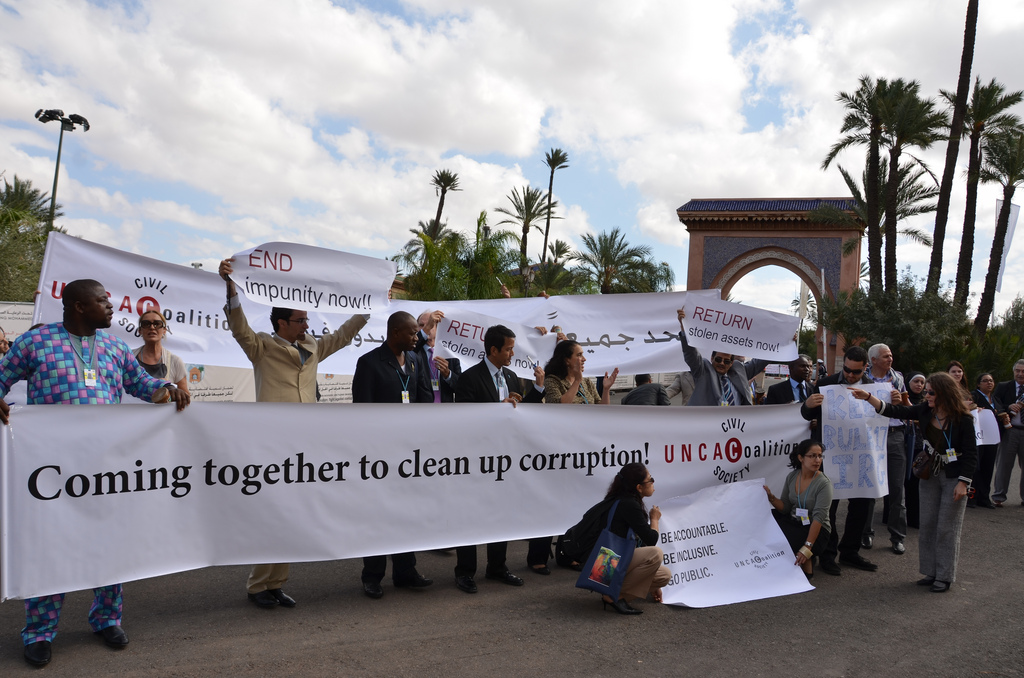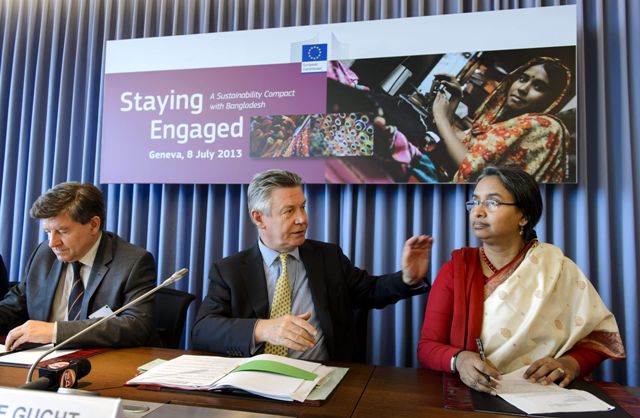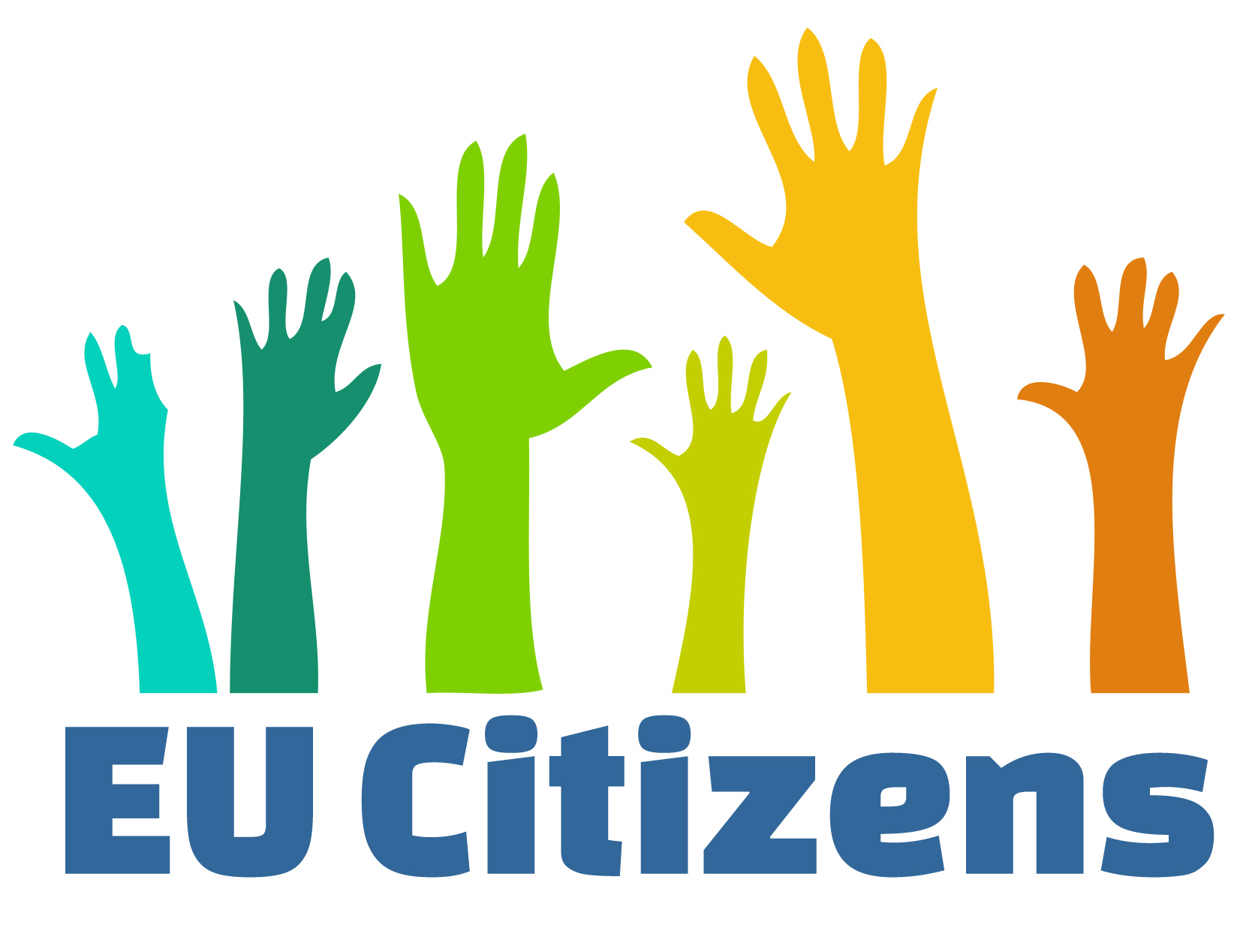Buscamos al senador más transparente #senadotransparente
Helen Darbishire2018-11-13T10:12:23+01:00Madrid, 26 de septiembre de 2013 – El día 28 de septiembre es el Día Internacional del Derecho a Saber y lo queremos celebrar. España está aprobando en estos momentos una Ley de Transparencia (¡por fin!) y la sociedad civil está siguiendo este proceso muy de cerca para conseguir que esa norma esté a la altura de las mejores leyes del mundo.

